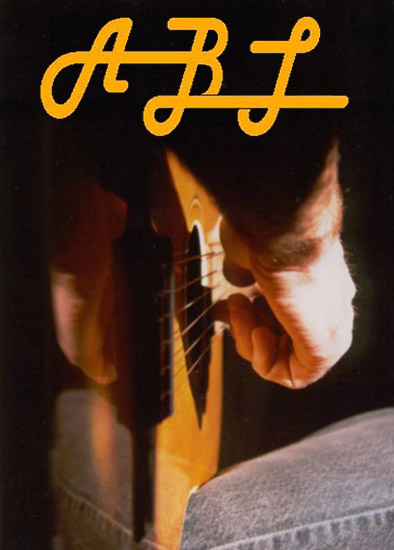|
Column Archive |
||
March, 2017 |
Creativity, with Help |
by Webmaster |
|
I have always written short stories, poems, little songs. Over 20 years ago, I got serious about songwriting and a friend helped me revise and record my songs. In time, I found a lot of people to critique my songs, to help them be better. Some of them are co-writers. I joined song-critique groups. Some are more helpful than others. I've settled down with the one that works best for me. When I started writing Cowboy poetry, I got help from a mentor who has become a friend. We don't talk (or email) about poetry alone. We talk about woodworking, jewelry-making, dreams. Any form of creativity will do. I am on a very restricted diet. But I like watching Cable TV cooking contest shows. They force the cooks to be creative. I used one show as inspiration for a line in a new song that's getting a lot of positive feedback. A recent exchange of messages on Faceback let me know that I'm not the only one who finds that being creative in one area helps creativity in all areas. Once you start to look outside the box, you can't stop. Some people need help getting started. A recent email from Disc Makers included two articles that seem to be contradictory:
The first article tells us:
The second article tells us:
Well, those two articles aren't contradictory. Doesn't "take a risk everyday" agree with use "a scale you're not comfortable with"? I think both of these articles are inspiring and good advice. I'd like to add one more idea. Find a friend who wants and needs to improve and/or be more creative. A friend of mine came up with a monthly creativity challenge. We've co-written some songs, she paints, I create jewelry. She needs a reason to write songs. We set a goal to write a song a month. So far, I'm still on the song I wrote for the January challenge. I'm at version 7, about to go to another complete rewrite for version 8, thanks to feedback from her. She hasn't sent another version of her song, yet. A different group of friends are working together to write a good deeds book. We're supposed to write about one good deed we do each week. When I rarely leave the house, it's hard to find something to write about. But I write anyway. Sometimes little things like complementing someone on his or her smile is enough. Or hugging someone who apologizes. If exercising works better with a partner, why wouldn't being creative? Isn't creativity another process that needs to be exercised? The more you do it, the better you get at it. Things to do with your friend(s):
Support and encourage each other. What you created might not be what you want, yet, but it's better than doing nothing, especially if you learn from it. Make sure that feedback is construct and not a personal attack. "I like what you did in verse one and the chorus, but verse two seems to go off in a different direction" is helpful. Be willing to help each other even if your name doesn't go on the work as co-writer. What goes around, comes around. Thanks for visiting AcousticByLines.com. |
|||
| TOP | |||

